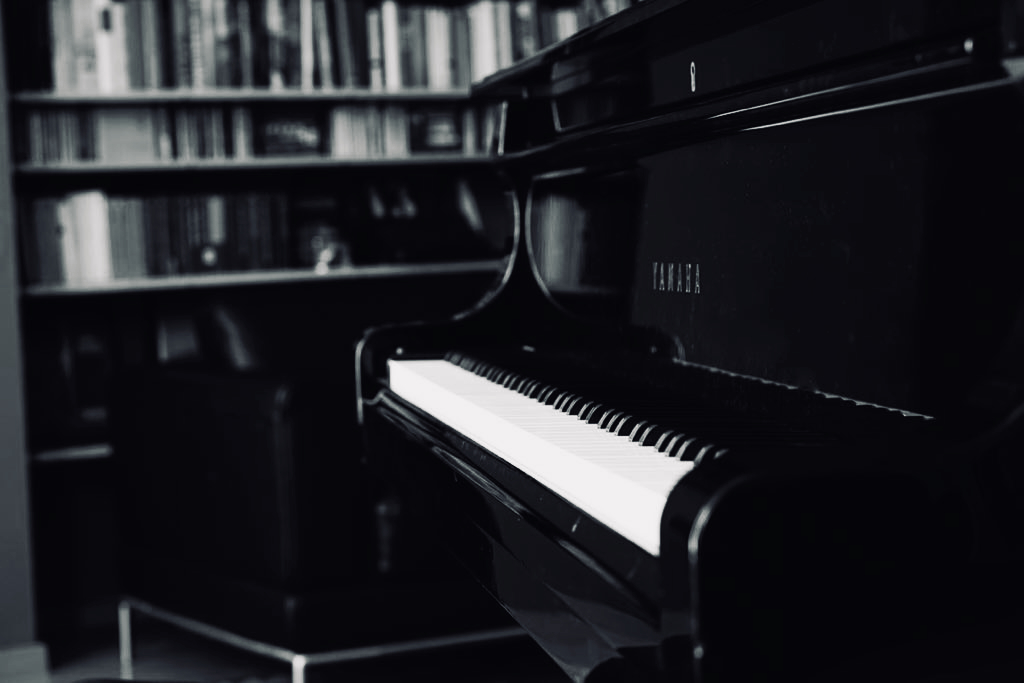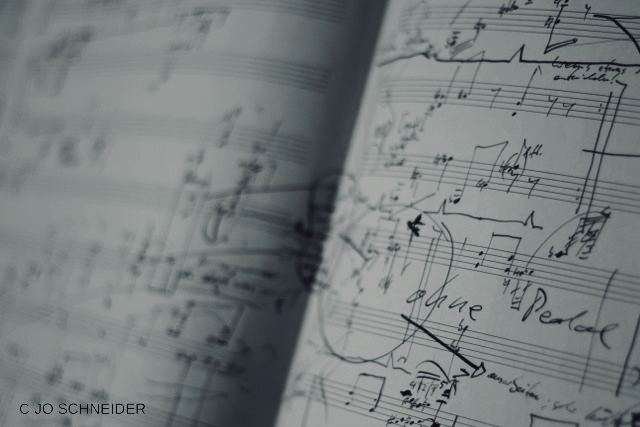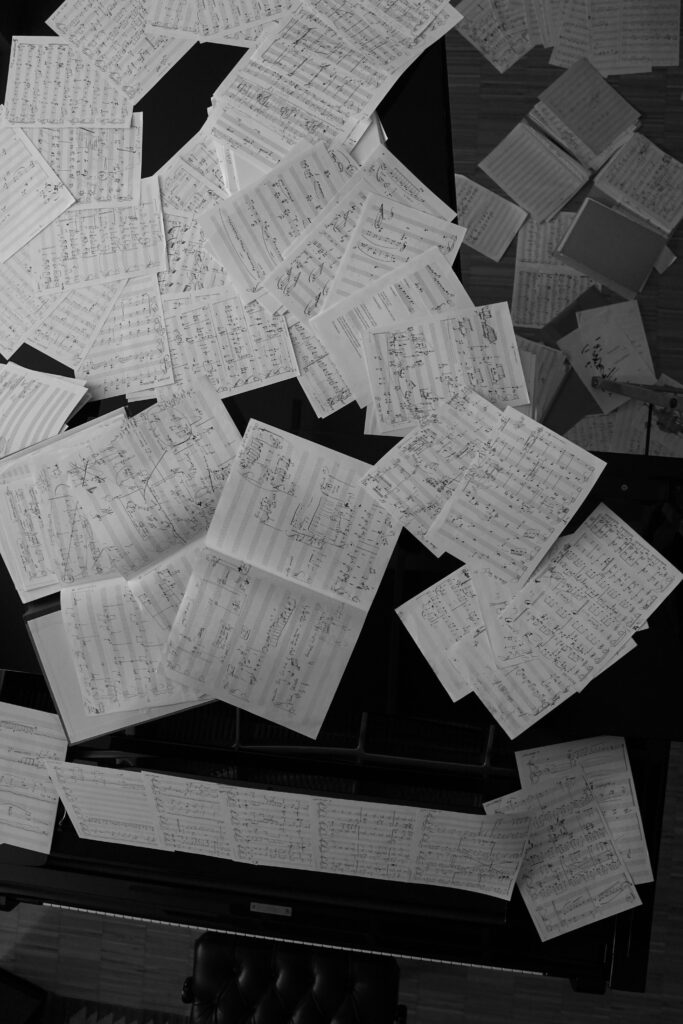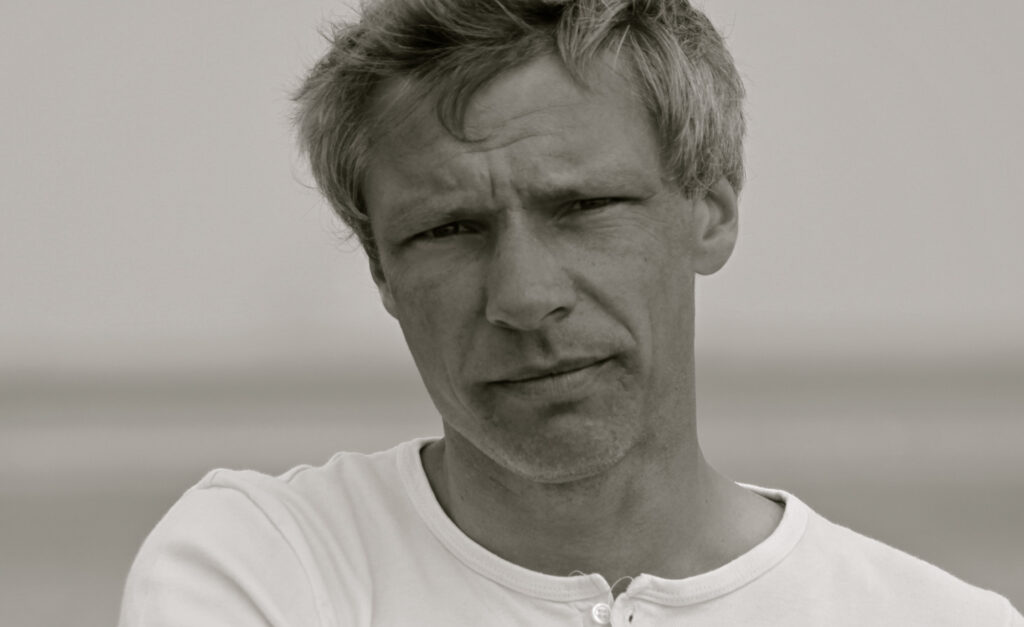
My Approach
My approach to improvised music is not defined in categories of style. Viewed in terms of style, it would be inadequate. It’s not correct historic, it’s not correct jazz, it’s not correct impressionism, it’s not correct minimal, it’s not correct contemporary. I did not do my homework and would always be tracked by style police.
I have always been in search for something different.
My approach is about finding my own musical voice on the instrument through exploration, intuition, and a sense for coherence and relational richness in improvised music. With or without set musical parameters that exist before the first note is played.
An Exploratory Journey
My musical ideas and my playing come from a central inner source. I have absorbed diverse musical influences that touched me personally (eg., Baroque, Impressionism, Jazz, Minimal Music, New Music, Free Improvisation), but I have avoided imitating or playing in defined styles. May approach is an exploratory journey that goes on for several decades and will continue. Because I am not a „pro“, I am independent. This has advantages (I can focus, I am not forced to play something I don’t really want to) and disadvantages (less involvement in networks, fewer opportunities to develop and to publish).
Improvisation vs. Composition
Different strands may be discerned in my work (although not easily distinguishable just by listening) regarding the relative portions of improvisation and composition in the pieces, ranging from free improvisation to composed-out pieces. These strands probably reflect that there might be no solution to some inherent contradictions when it comes to the question of what improvisation actually is.
What is Improvisation?
The first inherent contradiction is that improvisation is supposed to be „spontaneous“ and/or „original“. So is it only present in the moment of playing? Is it always „new“ and „surprising“?
No.
First, we have our own memories of those moments (even if memory tends to reconstruct our experiences) as we have our memories of performances of composed music (and when you listen to a performance, you can’t always tell whether what you are hearing is improvised or a composition). Already from these memories we can create similar or new works.
Second, if we listen to an improvisation again on a recording, we can feel the the quality of the music, the process of the creation, and the originality. This can be a pleasure, so we record improvisations for re-listening – they exist as a reproducible source.
Third, if we recapitulate and analyze some of the music’s characteristics (e.g., musical parameters, central ideas, expressive means), we may be able to reproduce a core idea, theme or motif of some significance, or an expression conveyed in the music, even if we do not imitate the improvisation note-by-note. We may have developed a characteristic core, and we may re-use it, but play it differently each time.
Thus, an improvisation is not created spontaneously just-in-the-moment in an absolute sense. And it can not be completely original and surprising, because it is necessarily based on musical memory and skill, and memory and skill are built up through learning and practice (including repetition and knowledge). Nevertheless, we expect an improvisation to be an original invention – possibly with some surprise and unexpected events in it -, created in the moment it is performed. How can this expectation be fulfilled in a true and authentic way?

Balancing reproducibility, originality, and authentic play
Regarding this problem, I try to find my own ways to balance reproducibility, originality, and the authentic play in the musical moment. My improvisations and pieces vary with respect to the set parameters. Some pieces have motifs, a rhythm, and a central harmony, and the development of the piece is not determined. Other pieces have more compositional elements like a significant theme, chord progressions, or a structure with discernible parts in a particular order. Composition and improvisation are in balance in those pieces. Other pieces are almost completely written out, while in contrast, I also play completely free improvisations without any set parameters.
I feel that my solutions are different from solutions found in different styles, for example jazz. In jazz, musicians practice and play improvisations on chord progressions. There are typical chord progressions that appear in a lot of jazz tunes. As a result, an improvisation over the chord progression could often also fit in any other piece with the same chord progression, maybe only with a transposition to another key. Musicians might feel helpless if there is no chord progression… That’s not my approach.
In my pieces, it is necessary to really understand and elaborate the compositional idea to play a coherent improvisation. This means to shape the melody, to build the musical development including contrasts and unexpected moments, and to find original means of expression for exactly this piece. (For me, that’s more important than being able to play a melody over a functional chord progression in all keys.) This understanding and elaboration, however, is a laborious process for each musical piece in itself, involving diverse stages of revisions and reflections and work on the pieces over years. I work slowly and learn every day.

Improvisation is a Personal Thing
The second inherent contradiction is that improvisation is a personal thing. The player of an improvisation plays his/her own music: he/she is inventor and interpreter of the music at the same time, and the music is very closely connected to the person who is playing. It follows that nobody else could play the music in the same way. Adopting this approach, writing down compositions seems to be strange, particularly if parts of the compositions were born from original improvisations. For me, a composition is a composition if it is a work that stands for itself and can be played by anybody who is capable of doing so. The intimate connection between music and person is somewhat dissolved.
When I play my own music, I do not face this problem: I identify personally with my music, and I can not play in any other way than being authentic with it on stage. Nevertheless, I occasionally write compositions (more and more frequently recently), some of them with parts to be improvised, and most of them originally based on improvisations for which I had previously written only notes and illegible revisions of themes, chord progressions, and structures.
Writing is Thinking and Learning
Writing compositions and revising them reflects my evolution toward musical decision-making and supports my memory for my music. Writing also helps me think about important aspects in improvisation, like melodic development, integrating and using „non-harmonic“ tones, finding solutions for the harmonic colors I am looking for, and the problems of finding a form for a piece. Writing is helpful even if I deviate from all of that when I actually play a piece on stage.
But the composition can also serve its intended purpose: Perhaps I hope someone else will find interest and pleasure in playing them. And perhaps I hope someone else will find interest and pleasure in learning to improvise his or her own music, a music that is original and not adhering to style categories, reflecting an individual journey of exploration.
Biographical Note

Born in 1969, I studied Psychology in Frankfurt am Main, Germany, and Saarbrücken, Germany (1991-1993; 1995–1998). I studied the piano (jazz, classic, contemporary), but only for a short time (two months in Hamburg – Kontaktstudiengang Popularmusik at the Musikhochschule Hamburg, and one year in Vienna – Musikhochschule Wien, 1993-1994). Thus, I received classical and jazz training, I also studied contemporary piano music, but all this to a limited extent, and I do not have an academic music degree. I had different teachers who influenced me. Nevertheless, I consider myself „self-taught“ in the most central aspect of the art, the creation of my own music. I had a very good time in the years in Leipzig, Germany, where I attended several workshops and production periods on free and interdisciplinary improvisation at the Hochschule für Musik und Theater Felix Mendelssohn-Bartholdy, Leipzig, the Palucca-Schule, Dresden, and the Schaubühne Lindenfels, Leipzig, and had the opportunity to play with various musicians, dancers, and improvisation artists from Leipzig, Berlin, and Dresden. I work as a full professor for Psychology of Education at the University of Mannheim, Mannheim, Germany, with research interests in learning and memory, digitally supported learning, and self-regulated learning.